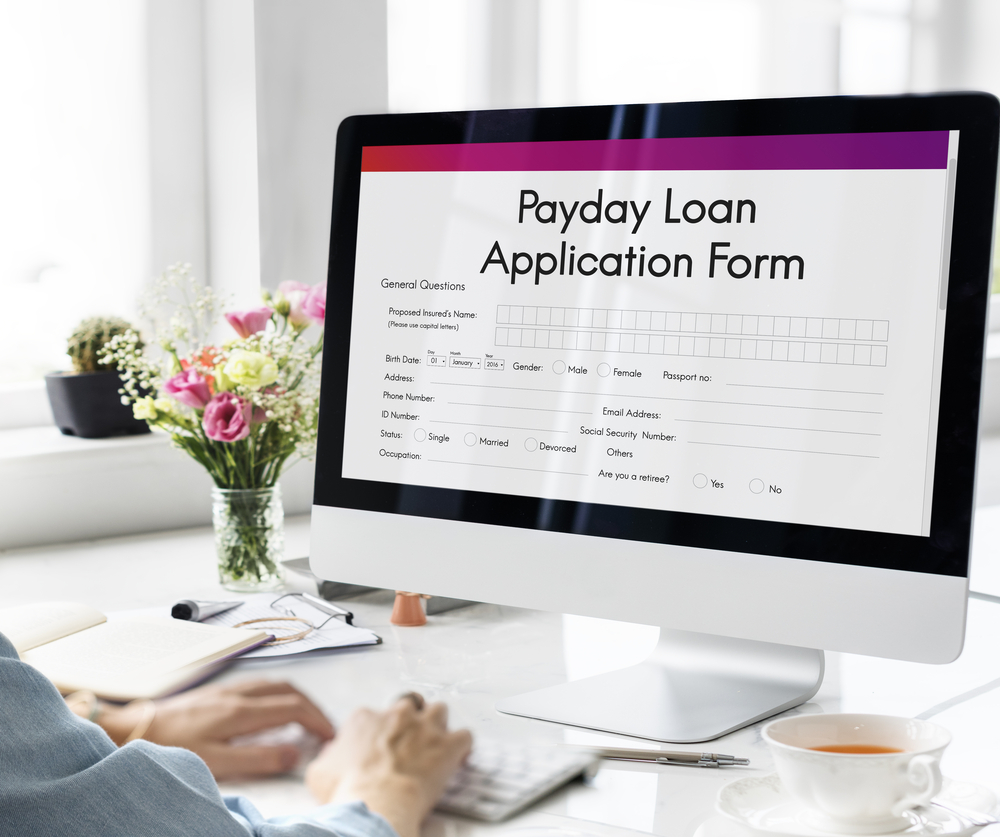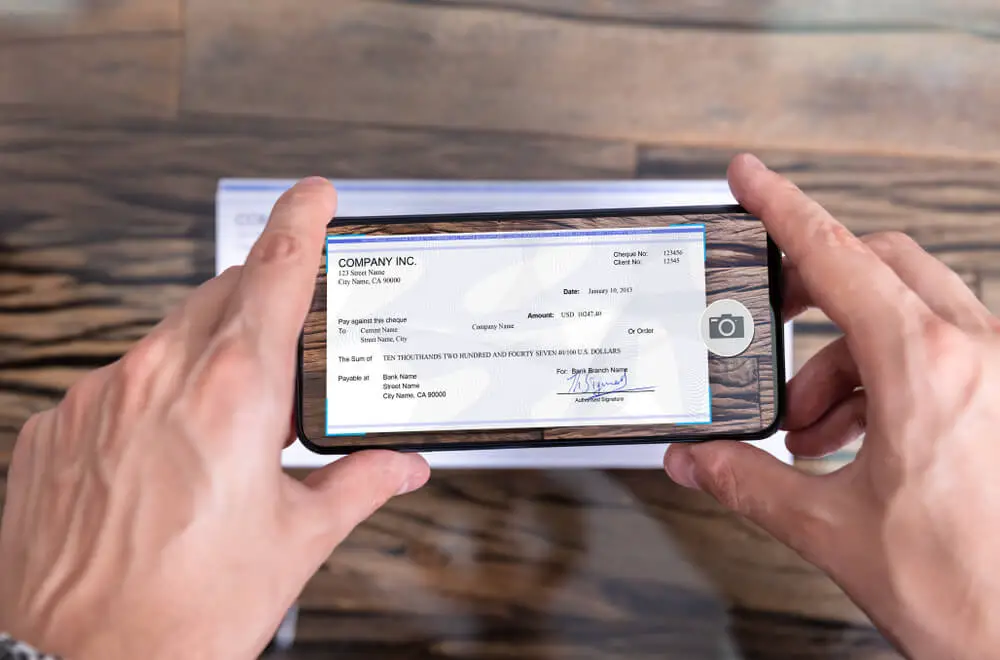Loans Without Direct Deposit From Employer

Millions of Americans without direct deposit are facing a financial hurdle accessing emergency loans. This situation disproportionately affects low-income workers and those in the gig economy, creating an urgent need for alternative lending solutions.
The lack of direct deposit, often a requirement for traditional loans, effectively locks out a significant portion of the workforce from crucial financial lifelines. We delve into the options available, the risks involved, and the ongoing efforts to bridge this financial gap.
The Direct Deposit Dilemma
Direct deposit is the electronic transfer of a payment directly from the payer's account to the payee's account. Many lenders favor it due to its verifiability and lower risk of default.
However, according to a 2023 study by the Pew Research Center, approximately 6% of U.S. workers are either unbanked or underbanked, often lacking direct deposit capabilities. This translates to millions unable to easily access traditional loan products.
Who is Affected?
Low-wage workers, independent contractors, and those employed by smaller businesses are most likely to be excluded.
Minority communities and individuals with limited access to banking services are also disproportionately impacted. Data from the FDIC indicates that Black and Hispanic households are more likely to be unbanked than White households.
Loan Options Without Direct Deposit
Several alternatives exist, though often at a higher cost. Payday loans, pawn shop loans, and title loans are among the most readily available options.
Payday loans, for example, are short-term, high-interest loans typically due on the borrower's next payday. These loans can carry annual percentage rates (APRs) of 400% or higher, trapping borrowers in a cycle of debt.
Pawn shop loans involve surrendering an item of value as collateral. If the loan is not repaid, the pawn shop keeps the item.
Title loans use the borrower's vehicle as collateral. Failure to repay can result in repossession of the vehicle, further hindering the borrower's financial stability.
The Rise of Online Lenders
The digital landscape offers some alternatives, with online lenders increasingly catering to this underserved market.
Some online lenders offer installment loans with less stringent requirements than traditional banks. These loans often rely on alternative data sources for creditworthiness assessment, such as bank statements and employment history.
However, it's crucial to exercise caution and research the lender thoroughly. Not all online lenders are reputable, and some may engage in predatory lending practices.
The Risks Involved
Loans without direct deposit often come with significant risks. Higher interest rates and fees are common, making them costly in the long run.
Borrowers should carefully review the terms and conditions before accepting any loan. Look out for hidden fees, prepayment penalties, and excessive APRs.
"It's essential to understand the true cost of borrowing," warns Sarah Miller, a financial advisor with the Consumer Federation of America. "Read the fine print and compare offers from multiple lenders before making a decision."
Efforts to Expand Access
Several initiatives are underway to improve financial inclusion and expand access to affordable credit.
Community development financial institutions (CDFIs) are working to provide responsible lending options to underserved communities. These institutions often offer lower interest rates and more flexible repayment terms.
Some employers are also exploring ways to offer emergency loans to their employees directly, bypassing traditional lenders altogether. This can provide a safer and more affordable alternative to payday loans.
Legislative Action
Lawmakers are also considering measures to regulate the payday lending industry and protect consumers from predatory practices.
The Truth in Lending Act (TILA) requires lenders to disclose the terms of their loans, including the APR and total cost of borrowing.
Some states have also enacted laws capping interest rates on payday loans and other high-cost credit products.
Looking Ahead
The lack of direct deposit should not be a barrier to accessing emergency funds. However, borrowers must proceed with caution and carefully weigh the risks and benefits of each option.
Consumers should explore all available alternatives, including CDFIs, online lenders, and employer-sponsored programs. Continued advocacy for responsible lending practices and greater financial inclusion is crucial to ensure that everyone has access to affordable credit.
Further research and policy changes are needed to address this systemic issue. Ongoing monitoring of the lending landscape and enforcement of consumer protection laws are essential to safeguard vulnerable borrowers from exploitation.


















